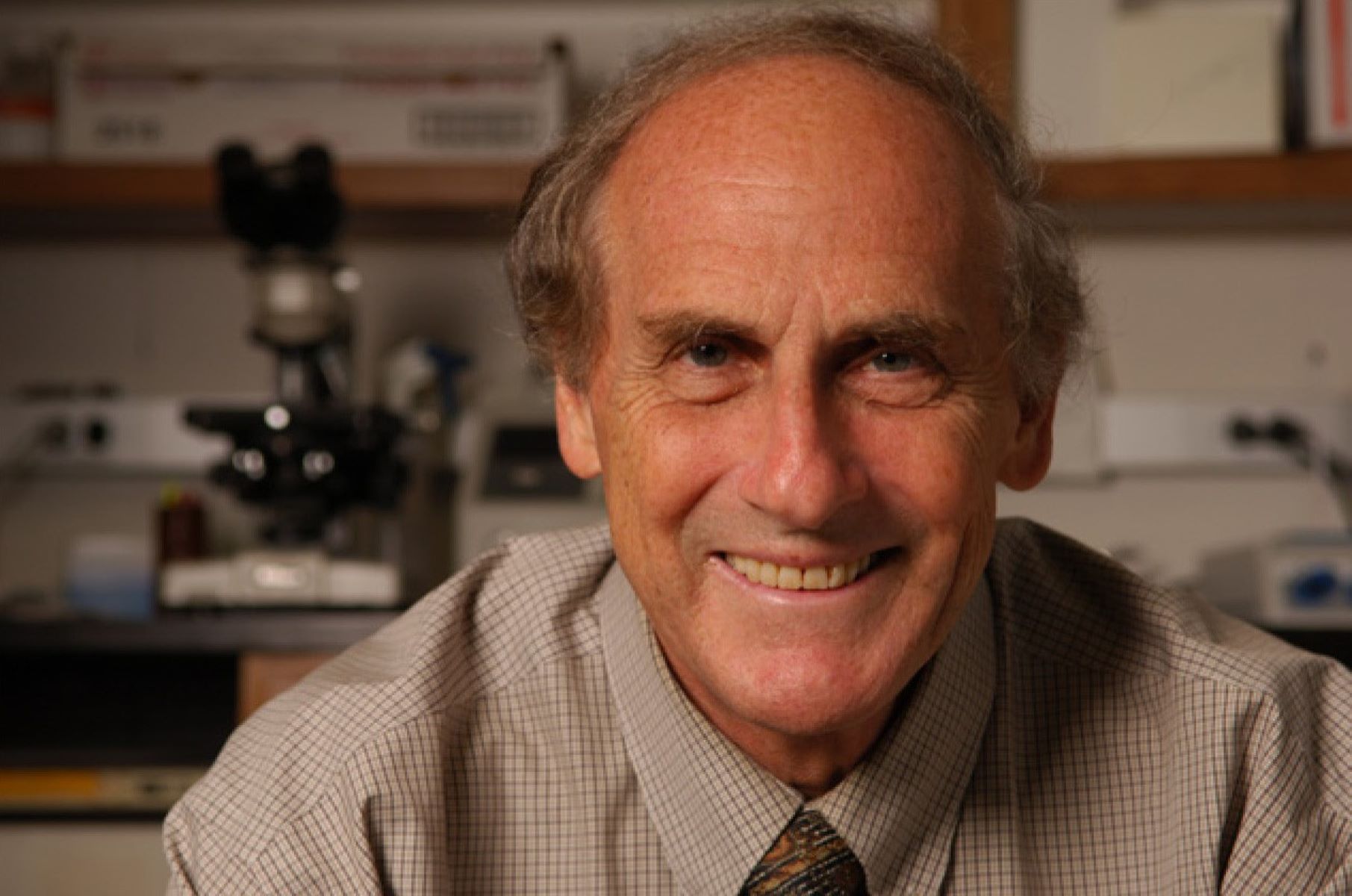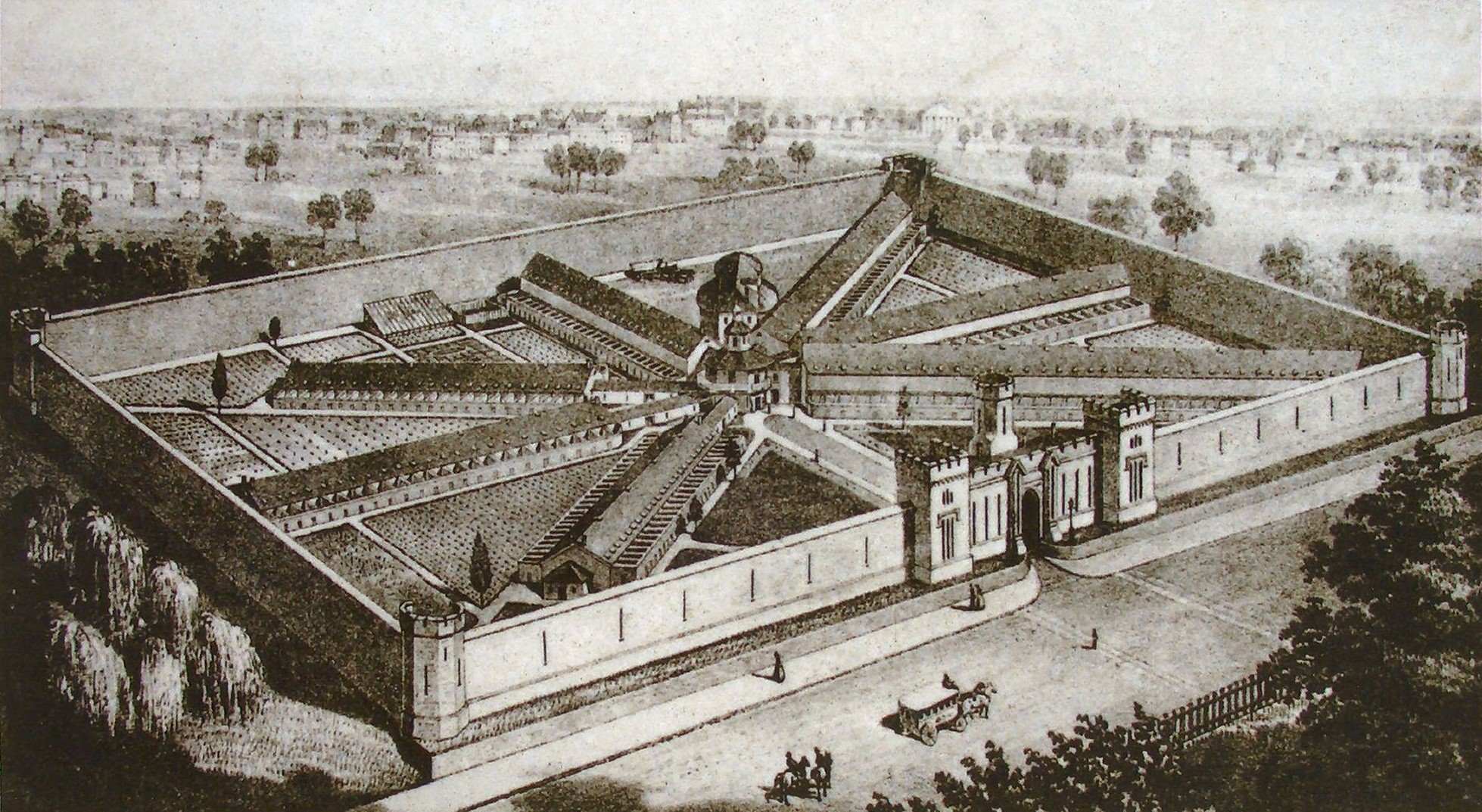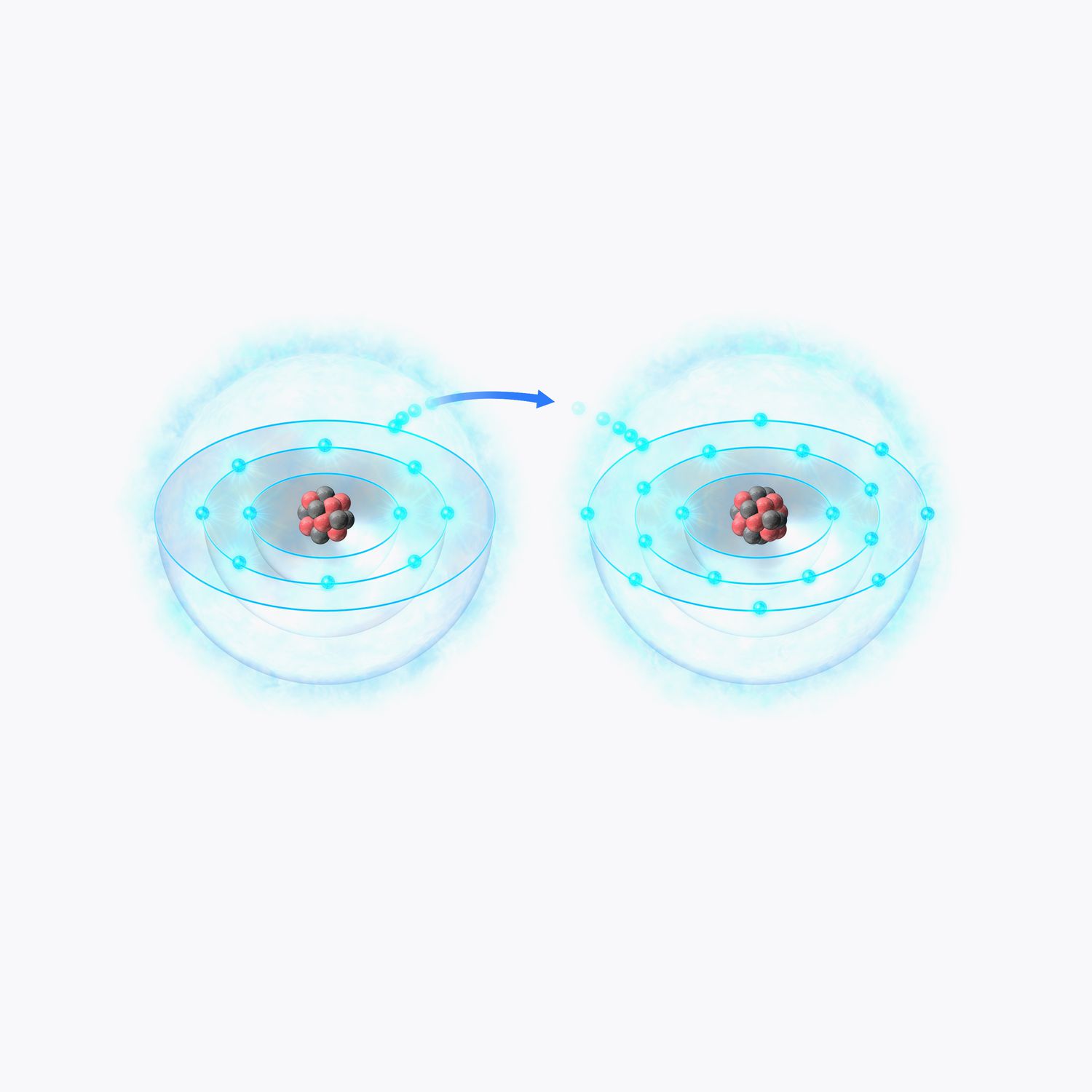
Dr. Ralph Steinman was an extraordinary figure in the field of medicine, whose contributions and discoveries have left an indelible mark on the scientific community. Throughout his illustrious career, Dr. Steinman revolutionized our understanding of the human immune system and its role in combating diseases. His research on dendritic cells, a type of immune cell, helped pave the way for groundbreaking advances in immunotherapy and cancer treatment.
But there is much more to Dr. Ralph Steinman’s story than his groundbreaking research alone. In this article, we will delve into the life and work of this remarkable scientist and explore 18 unbelievable facts that highlight his remarkable achievements, his tenacity in the face of adversity, and his lasting impact on the medical landscape.
Key Takeaways:
- Dr. Ralph Steinman’s groundbreaking research on dendritic cells and cancer immunotherapy revolutionized our understanding of the immune system, inspiring future scientists to continue his legacy.
- Dr. Steinman’s unwavering dedication to global health challenges and interdisciplinary collaboration continues to shape medical research, paving the way for personalized medicine and innovative vaccine development.
Dr. Ralph Steinman discovered dendritic cells.
One of Dr. Steinman’s most significant achievements was the discovery of dendritic cells, a specialized type of immune cell responsible for initiating immune responses. His groundbreaking research in this area revolutionized our understanding of the immune system’s role in combating diseases.
He was awarded the Nobel Prize in Physiology or Medicine.
In a remarkable turn of events, Dr. Ralph Steinman was awarded the Nobel Prize in Physiology or Medicine in Tragically, he had passed away just three days before the announcement. However, the Nobel Committee decided to retain his award, making him the first posthumous Nobel laureate in 50 years.
Dr. Steinman made notable advancements in cancer immunotherapy.
Through his research, Dr. Steinman made significant contributions to the field of cancer immunotherapy. His work focused on harnessing the power of the immune system to target and eliminate cancer cells, paving the way for novel treatment approaches.
He conducted pioneering studies on immune responses to infectious diseases.
Dr. Steinman’s research extended to studying immune responses to various infectious diseases such as AIDS, tuberculosis, and malaria. His findings shed light on how the immune system combats these infections and provided valuable insights for the development of vaccines.
Dr. Ralph Steinman made significant progress in understanding autoimmune diseases.
His research played a crucial role in unraveling the complex mechanisms underlying autoimmune diseases, including rheumatoid arthritis and multiple sclerosis. Through his work, he advanced our understanding of these conditions, leading to potential new treatment strategies.
He served as a professor at The Rockefeller University.
Dr. Steinman was a highly esteemed faculty member at The Rockefeller University in New York. His extensive knowledge and expertise made him an influential figure in the field of immunology, mentoring numerous aspiring scientists.
Dr. Steinman’s research has had a profound impact on the field of transplantation.
By studying the immune response to transplanted organs, Dr. Steinman’s work provided insights into how the body’s immune system can be modulated to prevent rejection. His findings opened doors to improving the success rates of organ transplantation.
He was a dedicated advocate for using science to combat global health challenges.
Dr. Ralph Steinman firmly believed in the power of science to address global health issues. He advocated for increased research and collaboration to tackle diseases such as HIV/AIDS, tuberculosis, and malaria, particularly in developing countries.
Dr. Steinman’s work has inspired future generations of scientists.
His groundbreaking discoveries and unwavering passion for scientific inquiry continue to inspire and motivate young scientists worldwide. Many researchers are building upon his work to further advance our understanding of the immune system.
He received numerous awards and honors during his career.
In addition to the Nobel Prize, Dr. Ralph Steinman was the recipient of several prestigious awards and honors, including the Albert Lasker Award for Basic Medical Research and the Gairdner Foundation International Award.
Dr. Steinman was known for his meticulous and rigorous approach to research.
Colleagues and peers recognized Dr. Steinman for his dedication to scientific rigor. He was known for his meticulous experimental methods and his commitment to ensuring the reliability and reproducibility of his findings.
He had a passion for educating and mentoring young scientists.
Dr. Ralph Steinman was not only a brilliant researcher but also a dedicated mentor. He took great pleasure in guiding and nurturing the next generation of scientists, imparting his knowledge and instilling a passion for scientific discovery.
Dr. Steinman’s contributions have paved the way for innovative vaccine development.
His work in understanding the immune response to infections has been instrumental in the development of new vaccines, including those against viral diseases such as hepatitis B and human papillomavirus (HPV).
He collaborated with researchers from around the world.
Dr. Ralph Steinman’s immense contributions to immunology were the result of collaborative efforts with scientists from various countries. His willingness to share knowledge and work together transcended geographical boundaries.
Dr. Steinman’s legacy continues to impact the medical and scientific community.
The revolutionary discoveries and advancements made by Dr. Ralph Steinman have left an indelible mark on the field of immunology. His contributions continue to shape the way we approach disease prevention, treatment, and vaccine development.
He believed in the power of interdisciplinary research.
Dr. Steinman recognized that significant breakthroughs often occur at the intersection of different disciplines. He valued interdisciplinary collaboration and actively sought out partnerships with researchers from diverse fields.
Dr. Ralph Steinman’s research bridged the gap between basic and applied immunology.
By integrating basic research with clinical applications, Dr. Steinman’s work provided a bridge between fundamental immunology findings and their practical implementation in patient care, leading to improved treatment outcomes.
His work continues to fuel advancements in personalized medicine.
Dr. Ralph Steinman’s research on the immune system’s intricate mechanisms has contributed to the development of personalized medicine approaches. This field aims to tailor medical treatments to individual patients based on their unique genetic makeup and immune responses.
Conclusion
Dr. Ralph Steinman was an incredible individual who made significant contributions to the field of immunology and cancer research. From his groundbreaking discovery of dendritic cells to his pioneering work on the immune system’s response to cancer, Dr. Steinman’s impact has been nothing short of remarkable.
His unwavering passion, dedication, and curiosity propelled him to push the boundaries of scientific knowledge and revolutionize our understanding of the body’s defense mechanisms. By studying how dendritic cells interact with the immune system, Dr. Steinman paved the way for novel advancements in cancer treatment and immunotherapy.
Despite facing numerous challenges and setbacks, Dr. Steinman’s determination never wavered. His tenacity and relentless pursuit of excellence serve as an inspiration to all aspiring scientists and medical professionals.
Dr. Ralph Steinman’s legacy will forever be remembered as a pivotal figure in the fight against cancer. His groundbreaking discoveries continue to shape the field and offer hope to millions of patients worldwide.
FAQs
Q: Who was Dr. Ralph Steinman?
A: Dr. Ralph Steinman was a renowned immunologist and cancer researcher who made significant contributions to our understanding of the immune system’s response to cancer.
Q: What were Dr. Steinman’s major achievements?
A: Dr. Steinman is best known for his discovery of dendritic cells, a critical component of the immune system. His groundbreaking research on the role of dendritic cells in cancer paved the way for new treatment approaches.
Q: How did Dr. Steinman revolutionize cancer research?
A: Dr. Steinman’s research on dendritic cells provided invaluable insights into the immune system’s interaction with cancer cells. This understanding has led to the development of immunotherapies that harness the body’s immune system to fight cancer.
Q: What impact did Dr. Steinman’s work have on cancer treatment?
A: Dr. Steinman’s work revolutionized cancer treatment by introducing immunotherapies that enhance the body’s natural defense mechanisms to target and eliminate cancer cells. This has resulted in improved outcomes for many cancer patients.
Q: What is the significance of dendritic cells in immunology?
A: Dendritic cells are key regulators of the immune response. They act as messengers, capturing and presenting antigens to activate other immune cells. Understanding their function has opened up new avenues for immunotherapy and vaccine development.
Q: How has Dr. Steinman’s legacy influenced the scientific community?
A: Dr. Steinman’s groundbreaking discoveries and innovative approaches have inspired numerous scientists and researchers in the field of immunology. His legacy continues to drive advances in cancer research and immunotherapy.
Dr. Ralph Steinman's groundbreaking research has forever changed our understanding of the immune system. His dedication to advancing medical knowledge serves as an inspiration for those interested in exploring the prestigious Nobel Prize and its impact on scientific progress. Steinman's work laid the foundation for exciting developments in biomedical research, such as induced pluripotent stem cells, which hold immense potential for treating various diseases. Moreover, his contributions to immunology have paved the way for innovative approaches to cancer research, exemplified by initiatives like the Ride to Conquer Cancer, which aims to support and accelerate life-saving advancements in this critical field.
Was this page helpful?
Our commitment to delivering trustworthy and engaging content is at the heart of what we do. Each fact on our site is contributed by real users like you, bringing a wealth of diverse insights and information. To ensure the highest standards of accuracy and reliability, our dedicated editors meticulously review each submission. This process guarantees that the facts we share are not only fascinating but also credible. Trust in our commitment to quality and authenticity as you explore and learn with us.


